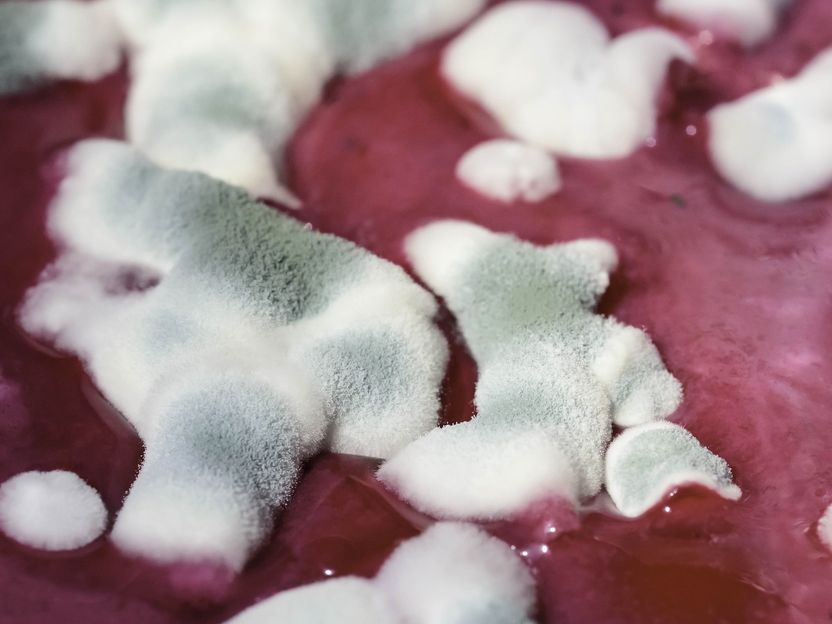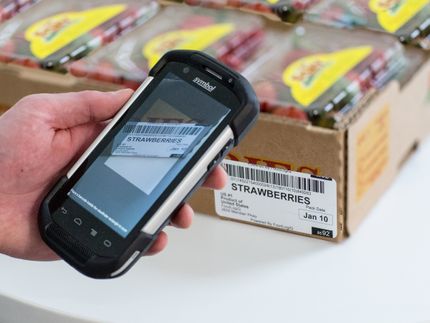World Food Safety Day shines spotlight on global importance of quality food
BfR researches complex fingerprinting methods to detect food counterfeits
The United Nations World food safety Day will take place for the third time on 7 June 2021. The motto of the day of action, that safe food benefits people, the planet and the economy directly and in the long term, concerns everyone. "Providing high-quality food and feed safely every day is a major challenge for all those involved in the commodity chain," says Professor Dr. Dr. Andreas Hensel, President of the Federal Institute for Risk Assessment (BfR). On the occasion of World Food Safety Day, he draws attention to fraudulent practices with food. "Intentionally adulterated products represent a global problem and often pose health risks," says Hensel. The BfR is therefore currently researching innovative laboratory technologies as part of the EU research project MEDIFIT, which are intended to improve authenticity controls and traceability across borders.
Does thyme honey really come from Spain, as the label claims? Is the goat's cheese made from goat's milk? In short: Is it what it says on the label? Products are often stretched, modified or deliberately changed by additives - and false information is printed on the label. Especially popular and expensive products offer criminals a high profit margin. However, the long, global commodity chains make it difficult to convict the fraudsters.
Complex technologies in the field of chemical analysis and equally sophisticated software solutions are therefore required to ensure the authenticity of foodstuffs and improve traceability. BfR is conducting research on these technologies within the framework of MEDIFIT together with eleven partners from authorities, research institutions and companies from Germany, Greece, Malta, Spain, Tunisia and Turkey. The EU research project was launched in June 2020 and the cooperation will run for a further two years. Currently, analytical methods are being optimised, initial data is being compiled and the foundations for IT applications are being laid.
For the BfR, the focus is on the further development of so-called fingerprinting methods. With their help, the composition of food can be precisely determined and an individual chemical "fingerprint" determined. In particular, spectroscopic analytical methods are used, which are also increasingly used in routine food controls.
With a view to the future joint application of fingerprinting methods for checking Food authenticity, specific software solutions are required with which producers, food retailers and authorities can manage their respective analysis data together with information accompanying the product, such as label details, and also share them between system partners. In addition, a cloud-based system is being developed with which the members of any commodity chain can inform each other about measured values and suitable data evaluation procedures. The MEDIFIT system is oriented towards the consumers' need for information and always preserves the property rights of the data owners.
MEDIFIT stands for "An Interlinked Digital Platform for Food Integrity and Traceability of relevant Mediterranean Supply Chains". The initial focus of the project is on goods from the product groups cheese (in brine) and honey (for example thyme honey). MEDIFIT is coordinated by the Aristotle University of Thessaloniki in Greece. Funding is provided by the international funding initiative PRIMA (Partnership for Research and Innovation in the Mediterranean Area), which is supported by the European Union's Horizon 2020 framework programme for research and innovation.

bogitw / Pixabay
Note: This article has been translated using a computer system without human intervention. LUMITOS offers these automatic translations to present a wider range of current news. Since this article has been translated with automatic translation, it is possible that it contains errors in vocabulary, syntax or grammar. The original article in German can be found here.
Other news from the department business & finance
Most read news
More news from our other portals
See the theme worlds for related content
Topic world Food safety
Food safety is at the heart of the food and beverage industry. It ensures that the food we eat every day is not only nutritious, but also free of harmful contaminants. From field to plate, the industry monitors and regulates every step of the process with strict quality controls, advanced testing methods and continuous research.

Topic world Food safety
Food safety is at the heart of the food and beverage industry. It ensures that the food we eat every day is not only nutritious, but also free of harmful contaminants. From field to plate, the industry monitors and regulates every step of the process with strict quality controls, advanced testing methods and continuous research.




























































